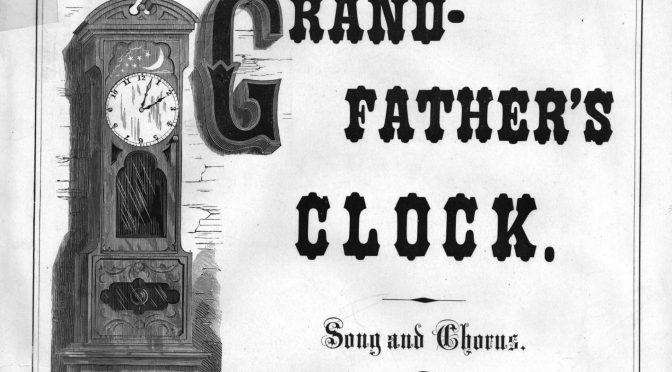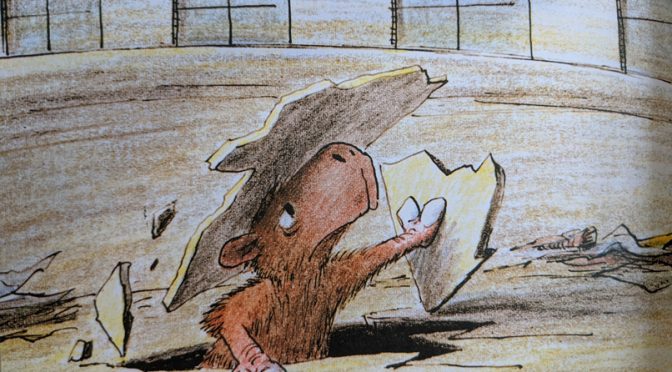The Washington Post ran an article recently with the title You’ve decided to quit Facebook. Here’s how to migrate your online life elsewhere. That’s a little misleading as the article covers more than just the how, but also gets into some of the complexities of leaving, and even why leaving may not be practical for some folks.
And it is difficult. I’ve been on the verge of leaving Facebook for several years. Partially because I have no great need for Mr. Zuckerberg to track me in more and more detail. Partially because of the potential to lose entire days of my life scrolling through the feed. Partially because I’ve seen enough to be convinced that social media is indeed responsible for the spread of misinformation and the resulting social ills.
But it’s tough to leave. As that article points out, there’s a huge network effect. Which is to say “I’m on Facebook because that’s where most of my friends are online.”
I held off on joining Facebook for a long time as I didn’t see the purpose of a “micro-blogging site” as Facebook and Twitter were described at the time. I already had an active blog, and didn’t see much point in posting things twice. (Indeed, with my own blog, I own my words as opposed to letting someone else make money from them.)
The turning point came in 2009 when a friend’s baby was born, and the announcement went out on Facebook and I only found out when another friend forwarded the news.
I’ve been on Facebook ever since. Posting memes, letting people know what’s going on in my life (most of our friends found out via Facebook when my wife and I got engaged).
Over the past several years, I’ve been reducing my presence on Facebook. I still post things that made me laugh, photos of my dog (who also frequently makes me laugh), and Facebook pages are still an effective way of promoting various other activities.
And it’s still how I keep up with what my friends are doing. Kid photos, news of my nieces and nephews, vacation photos, and more.
But I tend not to share my day to day routine. If something requires more than a sentence or two (e.g. “Glorify the Lions“), I’m more likely to put my words on a site I control (i.e. one of the “Chaos and Penguins” sites). Instead of Facebook Messenger, I’ll send text messages or emails when it’s possible.
I don’t know if I’ll ever completely leave Facebook, but I doubt I’ll ever fully embrace it again.








